Hot dogs, pizza, snow cones and bubble tea are among Americans’ favorite street foods, which are quicker and more affordable than restaurantfo ...
46 Food Business Ideas to Satisfy Your Culinary Ambitions
Written by: Natalie Fell
Natalie is a business writer with experience in operations, HR, and training & development within the software, healthcare, and financial services sectors.
Edited by: David Lepeska
David has been writing and learning about business, finance and globalization for a quarter-century, starting with a small New York consulting firm in the 1990s.
Published on June 30, 2022

People are always eating and drinking, so starting a food business is always a potentially wise career choice. But to succeed you’ll need a strong concept executed to perfection, as well as continued product development to keep customers coming back for more.
You can start by focusing on a niche market. Maybe shaved ice or pretzels? You can also start a donut shop, a hot dog cart, or a food truck. Find your motivation in our list of food business ideas below.
1. Catering

Catering businesses can specialize in a wide range of cuisines and service types, from buffets and sit-down dinners to corporate lunches and weddings. Sourcing ingredients involves establishing reliable relationships with food suppliers, local farmers, or wholesale markets to ensure the quality and freshness of your offerings.
The catering business license can typically be obtained through your city or state health department.
This business is ideal for individuals who are passionate about cooking on a large scale, have experience in event planning, and possess strong organizational skills.
2. Coffee Shop

Coffee shops typically offer a variety of coffee drinks, teas, and light snacks or pastries. Sourcing high-quality coffee beans from wholesalers or directly from coffee farms is crucial to distinguishing your coffee shop in a competitive market.
Compliance with local health codes, obtaining a food service license, and ensuring all equipment meets specific standards are mandatory steps.
Coffee shops are well-suited for people who enjoy a community-focused environment and have a love for coffee culture. It’s also a good fit for those interested in creating a welcoming space for social interaction.
3. Coffee Roasting

Coffee roasting businesses involve sourcing green coffee beans, developing roast profiles, and selling the finished product to consumers or wholesale clients. Building direct trade relationships with coffee farmers can be a valuable approach for quality and sustainability.
U.S. food regulations require proper labeling and facility compliance.
This business is ideal for coffee enthusiasts who have a keen interest in the science of coffee and enjoy experimenting with different roasting techniques to create unique blends.
4. Winery

Starting a winery involves producing wine from grapes or other fruits, which can be sourced from your own vineyard or purchased from growers. You can start your own vineyard, but it will take 3 – 5 years from planting grape vines until they are producing a crop.
Wineries in the U.S. must comply with federal regulations from the Alcohol and Tobacco Tax and Trade Bureau (TTB), including obtaining a winemaker’s license.
Wineries attract individuals who are passionate about viticulture and enology, and who have the patience and capital to invest in the long wine-making process.
5. Food Truck
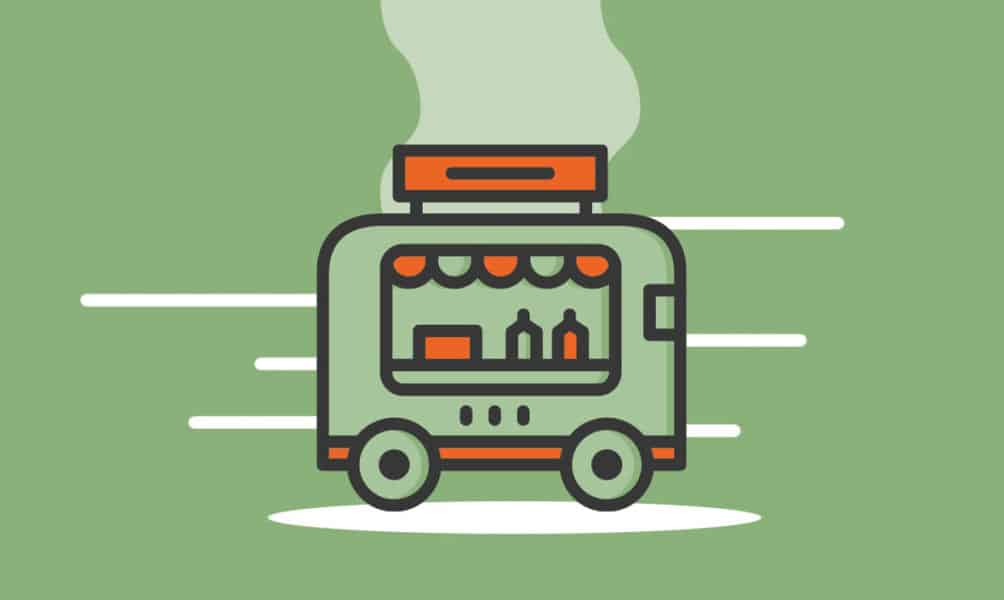
Food trucks offer a flexible option to serve a variety of street foods, from tacos and burgers to gourmet meals.
Key considerations include sourcing ingredients from local suppliers or wholesalers, outfitting the truck with necessary cooking equipment, and obtaining a mobile food facility permit along with a food handler’s certification.
This business appeals to entrepreneurial chefs who enjoy interacting directly with customers and have a flair for adapting to different locations and tastes.
6. Ice Cream Business

An ice cream business can range from manufacturing artisanal ice creams to running a mobile ice cream cart. Key ingredients like cream, flavors, and toppings can be sourced from dairy farms and specialty food producers.
Adherence to local health department standards for frozen desserts is required, along with proper storage facilities.
This business is perfect for those who have a creative palate and enjoy delighting customers of all ages with frozen treats.
7. Supplement Store

Operating a supplement store involves selling nutritional supplements such as vitamins, proteins, and other health-related products.
Sourcing from reputable manufacturers who comply with FDA regulations for dietary supplements is essential.
Knowledge about health and nutrition, coupled with a desire to help others achieve their fitness and wellness goals, makes this business ideal for health-conscious entrepreneurs.
8. Juice Bar

Juice bars serve fresh fruit and vegetable juices, often requiring sourcing of fresh produce daily from local farmers or markets.
Compliance with health codes and obtaining a food service license are necessary.
This business suits individuals who are enthusiastic about health and wellness and enjoy creating nutritious beverage options in a fast-paced environment.
9. Fish Farm

Fish farming, or aquaculture, involves raising fish commercially in tanks or enclosures for food. Sourcing involves setting up sustainable and ecologically friendly systems.
Regulations vary by state, but generally include water discharge permits and health department inspections.
Ideal for individuals passionate about marine life and sustainable food sources, and who have a background in biology or environmental science.
10. Meal Prep

Meal prep businesses cater to clients by preparing and delivering tailored meals for a week or month. Sourcing quality ingredients from trusted suppliers is key, as is knowledge of nutrition to create balanced meal plans.
Complying with food safety standards and obtaining necessary permits are crucial.
This business is best for those with culinary skills and a knack for nutrition planning, particularly appealing to busy professionals and health-conscious consumers.
11. Liquor Store

Liquor stores stock a variety of alcoholic beverages including beer, wine, and spirits. Sourcing involves purchasing from wholesalers, distributors, or direct from producers.
In the U.S., liquor stores must obtain a liquor license specific to the state they operate in, and comply with local zoning laws.
This business is suited for entrepreneurs who are knowledgeable about alcoholic beverages and understand the regulatory landscape of selling alcohol, making it ideal for those with experience in retail management or the beverage industry.
12. Popcorn Business

A popcorn business can produce a range of flavored popcorns, from sweet caramel to savory cheese. Sourcing quality corn kernels and flavor ingredients is key, often from agricultural suppliers or specialty food wholesalers.
Compliance with food safety regulations and obtaining a food processing license are necessary steps.
This business is excellent for creative individuals who enjoy experimenting with flavors and wish to offer a fun, customizable snack option.
13. Distillery

Distilleries produce spirits such as whiskey, vodka, and gin. This involves sourcing grains or other raw materials and undergoing a fermentation and distillation process.
In the U.S., distillers must navigate complex federal and state regulations, including obtaining a distilled spirits permit from the TTB.
This business appeals to those with a passion for craft spirits and a deep interest in the distillation process, often attracting entrepreneurs who appreciate the blend of science and art in spirit production.
14. Pickle Business
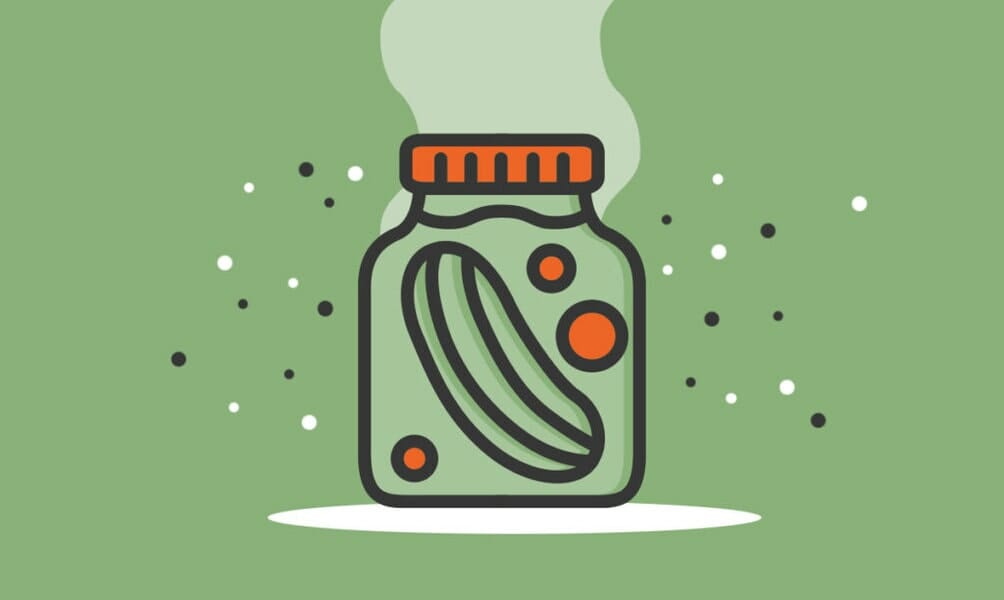
A pickle business involves preserving various fruits and vegetables. If you don’t have a pickle farm, you can source fresh products directly from farmers or local markets.
Compliance with food safety regulations and obtaining canning and processing licenses are critical.
This business is great for those who value traditional preservation methods and are keen on creating artisanal, gourmet food products.
15. Farmers’ Market
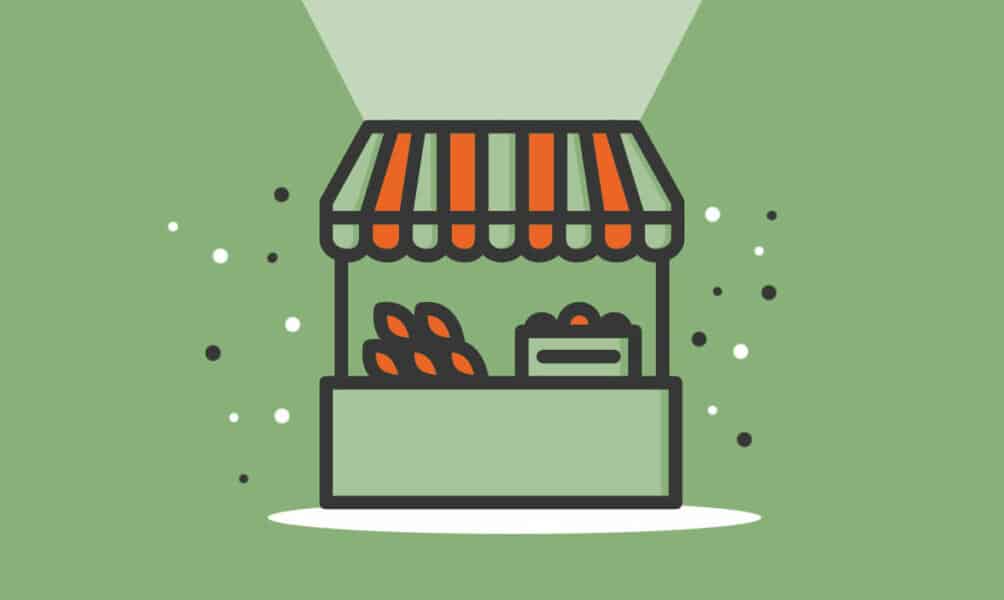
Running a farmers’ market involves organizing a space where multiple vendors can sell their produce and products directly to consumers.
This requires coordination with local farmers and artisans, as well as securing a suitable location and obtaining necessary permits from city or town authorities.
This business suits community-oriented individuals who are passionate about supporting local agriculture and facilitating consumer access to fresh products.
16. Hot Sauce
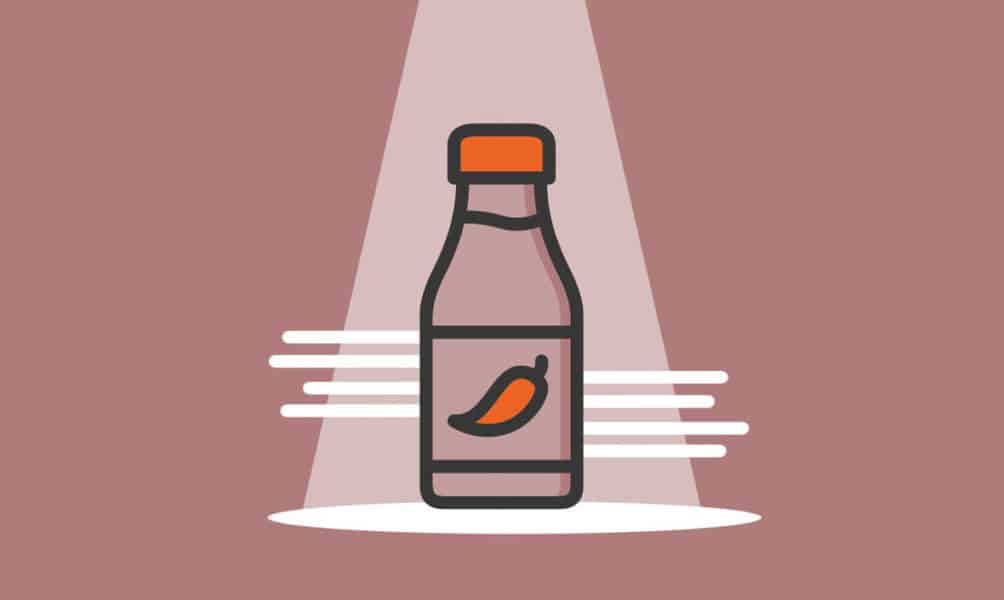
A hot sauce business creates and sells various styles of hot sauces. Key ingredients like peppers, vinegar, and spices can be sourced from local farms or international suppliers, depending on the desired flavors.
Manufacturers must follow FDA regulations for food safety.
Ideal for those with a love for culinary innovation and spice, this business often attracts food enthusiasts who enjoy developing unique, bold flavors.
17. Boba Tea

Boba tea shops offer tea-based drinks with tapioca pearls or other toppings. To start this business, you need to soruce high-quality tea leaves and boba from suppliers who specialize in Asian food products.
Adhering to local health regulations and obtaining a food handler’s certificate are necessary.
This business is perfect for individuals who are passionate about Asian cuisine and beverages and enjoy a fast-paced, customer-facing environment.
18. Cookie Business

A cookie business can range from a home-based operation selling at local events to a full-scale bakery. Sourcing quality baking ingredients (flour, leavener, salt, sugar, butter, eggs) and unique mix-ins from reputable suppliers is important.
Compliance with local health department guidelines for food safety is required.
This business is ideal for creative bakers who enjoy crafting a variety of cookie flavors and designs, appealing to both everyday consumers and special occasions.
19. Candy Business

A candy business involves making and selling confections such as chocolates, gummies, and hard candies. You need to source ingredients like sugar, gelatin, and natural flavorings from food-grade suppliers.
Adhering to FDA food safety standards is mandatory.
This business is great for those with a sweet tooth and a flair for confectionery creativity, often attracting entrepreneurs who are enthusiastic about creating nostalgic and new treats.
20. Beef Jerky Business

Producing beef jerky involves curing and drying meat. You need to set up a beef cattle. Another option is to source high-quality beef from trusted meat suppliers or farmers.
Manufacturers must comply with USDA regulations concerning meat processing and safety.
This business suits individuals who are interested in traditional food preservation techniques and catering to a market of snack enthusiasts and protein-conscious consumers.
21. Donut Shop

A donut shop offers a variety of donuts, from classic glazed to gourmet creations. Sourcing involves obtaining high-quality baking ingredients (flour, yeast, sugar, milk, eggs, oil) and maintaining a consistently fresh supply.
Compliance with local health codes and obtaining a food establishment permit are necessary.
This business is perfect for those who enjoy morning rushes and delighting customers with sweet, creative pastries.
22. Honey

Operating a honey business involves beekeeping and harvesting honey from hives. You can set up your own beehive or partner with local beekeepers.
In the U.S., honey producers must follow labeling regulations set by the FDA and possibly state agricultural departments.
This business is ideal for individuals passionate about environmental sustainability and bee conservation, attracting entrepreneurs with an interest in natural products and agriculture.
23. BBQ Business

A BBQ business offers smoked and grilled meats along with side dishes. Key considerations include sourcing quality meats from trusted butchers or wholesalers and mastering various cooking techniques.
BBQ businesses must comply with local health regulations and obtain a food service license.
This business suits those who are passionate about traditional cooking methods and enjoy crafting robust, flavorful meals.
24. Cottage Food

Cottage food operations involve selling homemade foods that are considered non-hazardous, like baked goods, jams, and candies.
Entrepreneurs must adhere to specific state cottage food laws regarding production, labeling, and sales venues.
This business is great for individuals looking to start small, often from their own kitchens, and it attracts those with culinary skills who prefer a lower-risk entry into the food industry.
25. Smoothie Business

Smoothie businesses serve blended beverages made from fruits, vegetables, and other health-focused ingredients. You can source fresh and organic produce from local farmers or wholesale markets.
Compliance with health department regulations for food handling and sanitation is required.
This business is perfect for health-conscious entrepreneurs interested in promoting a healthy lifestyle through nutritious options.
26. Edibles Business

An edibles business in the cannabis industry involves creating food products infused with cannabis. This requires sourcing cannabis from licensed producers and following stringent state-specific cannabis regulations, including food safety standards.
This business is suitable for those with a background in both culinary arts and cannabis industry knowledge, focusing on customers in regions where cannabis is legally consumed.
27. Mushrooms

Mushroom farming involves growing various types of mushrooms under controlled conditions. Sourcing spores or spawn from reputable suppliers is key, and understanding the specific growing environments for different mushroom types is crucial.
Regulations include following agricultural and health safety guidelines.
This business attracts individuals interested in sustainable agriculture and those who appreciate fungi for culinary and medicinal purposes.
28. Cupcake Making

Cupcake making businesses create and sell a variety of cupcakes. You need to source high-quality ingredients like flour, eggs, and flavorings.
Adhering to local health department standards and obtaining a food handler’s license are required.
This business is ideal for creative bakers who enjoy designing and decorating small-scale desserts and aim to cater to events and local customers.
29. Cake Making

Cake making involves designing, baking, and decorating cakes for occasions such as weddings, birthdays, and anniversaries. Quality sourcing of baking supplies and decorative materials is essential.
Compliance with health regulations and possibly obtaining a caterer’s license are necessary.
This business is perfect for artistic individuals with a passion for baking and an eye for design, offering a service that turns celebrations into memorable events.
30. Bakery

Operating a bakery involves making and selling bread, pastries, and other baked goods. Sourcing involves obtaining ingredients like flour, yeast, and seasonal produce from reliable suppliers.
Bakeries must comply with local health codes and have a retail food license.
This business appeals to those with strong baking skills and a desire to serve a community through a comforting, sensory-rich bakery experience.
31. Frozen Food
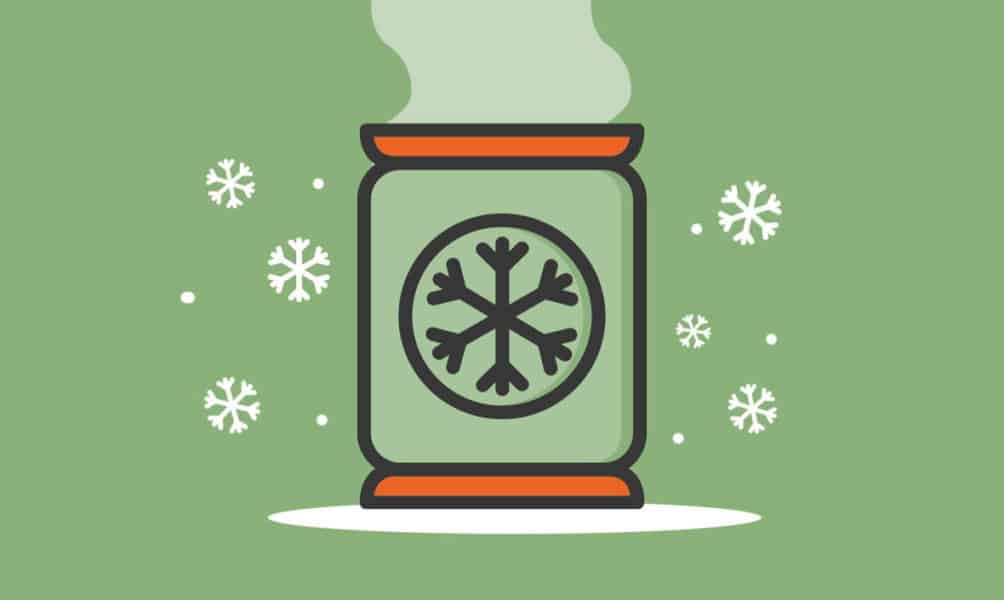
A frozen food business produces meals or ingredients that are prepped, cooked, and frozen for convenience. The freezing process involves three stages; pre-treatment, freezing, and frozen storage. You need to ensure proper freezing techniques.
Compliance with USDA and FDA regulations regarding food processing and safety is mandatory.
This business is ideal for entrepreneurs looking to offer convenience to busy families and individuals, providing quick, healthy meal options without the preparation time.
32. Pizzeria

A pizzeria specializes in making and selling pizzas. High-quality ingredients such as flour, cheese, tomatoes, and fresh toppings should be sourced from reputable suppliers.
Compliance with local health codes and obtaining a restaurant license are necessary.
This business is ideal for those passionate about Italian cuisine and who enjoy a bustling kitchen environment, catering to dine-in, takeout, and delivery customers.
33. Lemonade Stand

Operating a lemonade stand involves selling freshly made lemonade, often enhanced with fruits and herbs. You need to source quality lemons and natural sweeteners.
While typically informal, some localities might require a temporary vendor’s permit.
This business suits young entrepreneurs or those starting their first venture, offering a simple way to learn basic business principles and customer service.
34. Tea

A tea business can range from selling loose leaf teas to operating a tea shop. You need to source quality tea leaves from reputable plantations or wholesalers.
The next step is to adhere to FDA regulations for food safety.
This business attracts those with a passion for herbal blends and cultural tea traditions, offering a serene alternative to the coffee shop model.
35. Tequila

Producing tequila involves distilling agave plants specifically in certain regions of Mexico, making it a unique venture.
Importing tequila to the U.S. requires compliance with both Mexican CRT regulations and U.S. alcohol import laws, including obtaining proper licenses.
This business is suited for individuals with a strong interest in spirits, international trade, and the cultural heritage of tequila.
36. Chocolate Making

Chocolate making involves sourcing cocoa beans, sugar, and milk, which are then processed into chocolate.
This requires adherence to FDA regulations on food safety.
This business appeals to those with a passion for confectionery and the craft of transforming raw ingredients into artisanal chocolates, perfect for boutique shops or gourmet food markets.
37. Hot Dog Cart
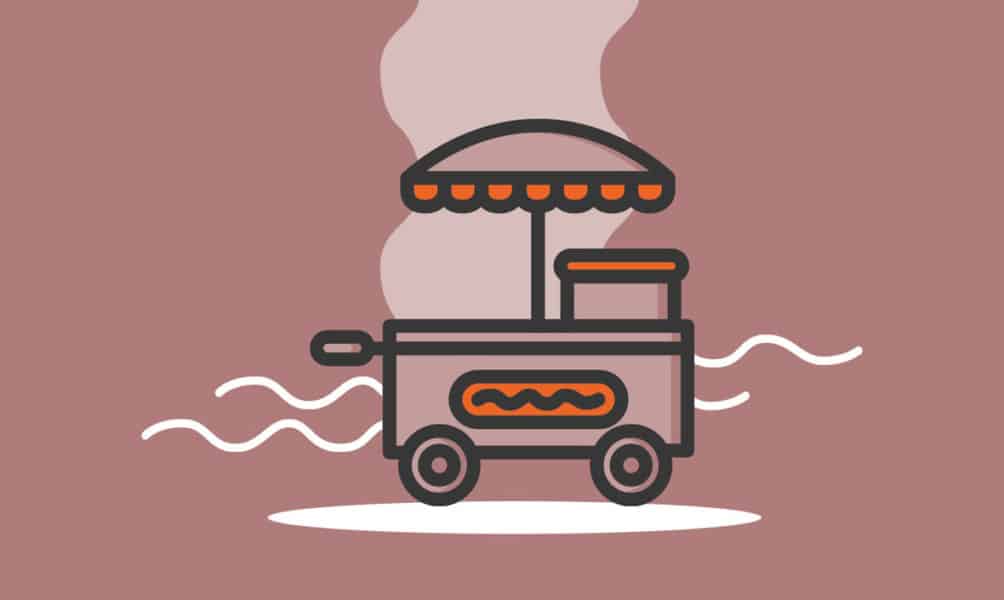
Operating a hot dog cart involves selling hot dogs and condiments, usually in busy public areas. Quality meats and fresh buns should be sourced from reliable suppliers.
Local health department permits for mobile food vending are necessary.
This business is great for entrepreneurs looking for a mobile, flexible food service operation with minimal startup costs.
38. Grocery Store
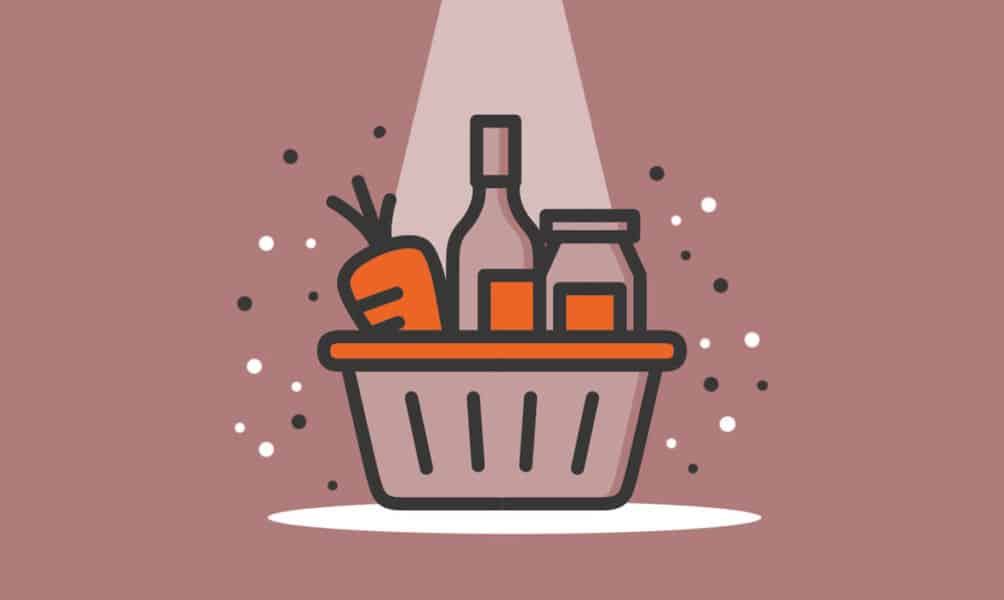
Running a grocery store involves selling a variety of food products and household items. It requires sourcing products from a mix of local farms and wholesalers.
Compliance with food safety regulations and obtaining a retail food license are necessary.
This business suits individuals interested in providing a vital community service, ideal for those with strong organizational skills and a commitment to customer satisfaction.
39. Restaurant

Operating a restaurant involves offering a wide range of dishes in a sit-down setting. Sourcing fresh ingredients from local suppliers and farms is essential.
Compliance with local health department regulations and obtaining a food service license are mandatory.
This business is perfect for seasoned chefs and entrepreneurs who are passionate about culinary arts and customer service.
40. Snow Cone

A snow cone business sells shaved ice with flavored syrups, primarily in warm weather at outdoor events. Quality ice machines and diverse syrup flavors should be sourced.
Depending on the location, a temporary vendor’s permit may be required.
This business is suitable for those looking for a seasonal operation that’s easy to manage and popular with all age groups.
41. Farm

Operating a farm involves growing crops or raising livestock. This requires sourcing seeds, livestock, and necessary farming equipment. The amount of land needed depends on what you plan to produce.
Compliance with USDA regulations and possibly organic certification are considerations.
This business attracts individuals passionate about sustainable agriculture and willing to embrace the challenges of rural entrepreneurship.
42. Pop-Up Restaurant
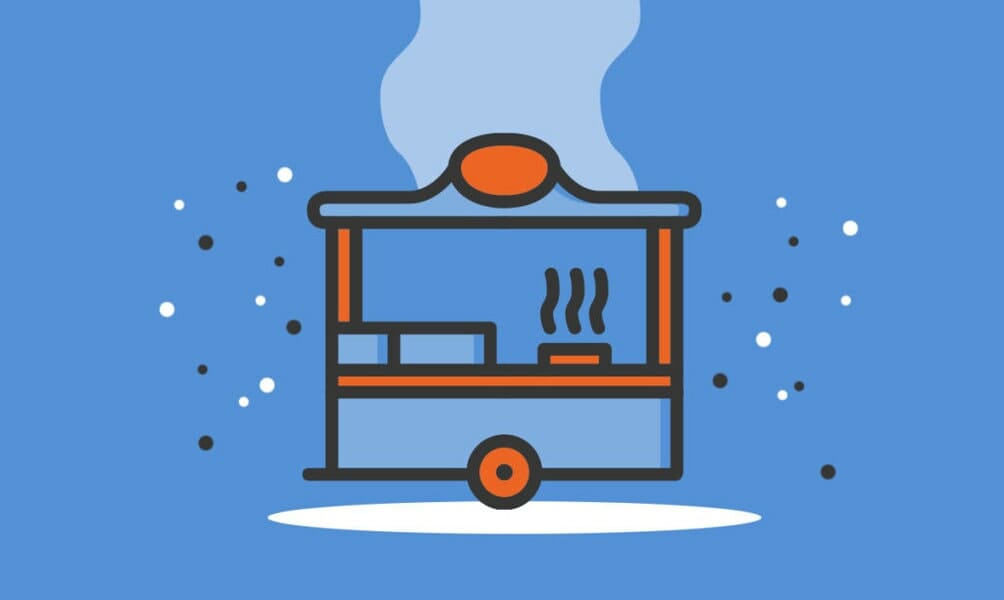
A pop-up restaurant temporarily operates in various locations, offering a unique dining experience. This requires sourcing ingredients and possibly equipment rental.
Obtaining temporary food service permits and ensuring compliance with local health regulations are necessary.
This business is ideal for creative chefs and entrepreneurs looking to test concepts with minimal commitment, attracting a foodie crowd eager for novel dining experiences.
43. Sandwich Shop

A sandwich shop offers a variety of sandwiches using diverse ingredients such as meats, cheeses, vegetables, and condiments. You can source quality breads and fillings from local bakeries and suppliers.
Compliance with local health codes and obtaining a food service license are mandatory.
This business is perfect for entrepreneurs who enjoy crafting customizable, quick meals and aim to cater to the lunchtime crowd in urban or busy suburban areas.
44. Loaded Tea Shop

A loaded tea shop specializes in selling energy and nutrient-infused teas, often vibrant in color and enhanced with supplements like vitamins and proteins. You need to source high-quality tea bases and supplement ingredients.
Adhering to FDA regulations regarding dietary supplements and local health codes for food service is essential.
This business suits those passionate about health and wellness, appealing particularly to customers seeking alternative energy-boosting beverages.
45. Seasoning Business

A seasoning business involves creating and selling spice mixes and rubs. Quality spices should be sourced globally or from domestic suppliers known for their purity and sustainability.
Compliance with FDA food safety standards for processing and packaging is crucial.
This business appeals to culinary enthusiasts who enjoy enhancing flavors and are keen on exploring global cuisines, ideal for selling online or through gourmet food stores.
46. Fast-Food Restaurant

Operating a fast-food restaurant involves serving quick meals like burgers, fries, and shakes. Ingredients can be sourced from local suppliers and manufacturers.
Obtaining a food service license and adhering to local health regulations are necessary.
This business is suited for entrepreneurs looking to enter a high-demand market with a model that supports high volume and quick service, often appealing to a wide demographic.
Subscribe to Our Newsletter
and gain insider access to cutting-edge business insights and trends.
Featured Resources

16 Street Food Business Ideas for Food Lovers
Published on July 28, 2022
Read Now
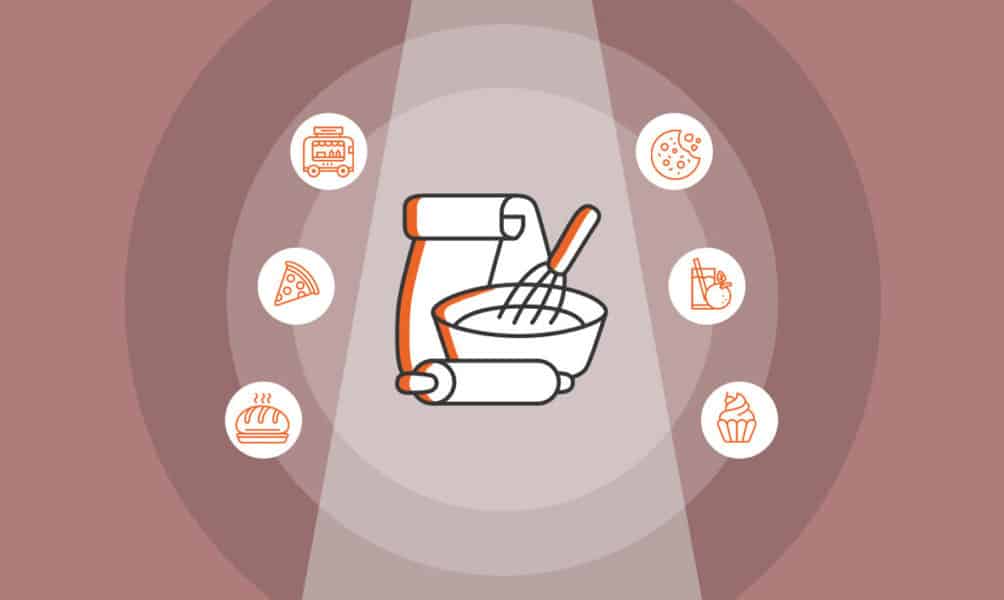
22 Profitable Baking Business Ideas for Aspiring Bakers
Published on July 14, 2022
The US baking industry is expected to continue growing as the economy improves and consumer spending increases. According to the American BakersAsso ...
Read Now

How to Start a Small Business in 13 Steps
Published on January 15, 2022
Owning a successful business is one of the most rewarding things you can do with your life. It’s empowering and liberating, and allows you toprodu ...
Read Now
Comments